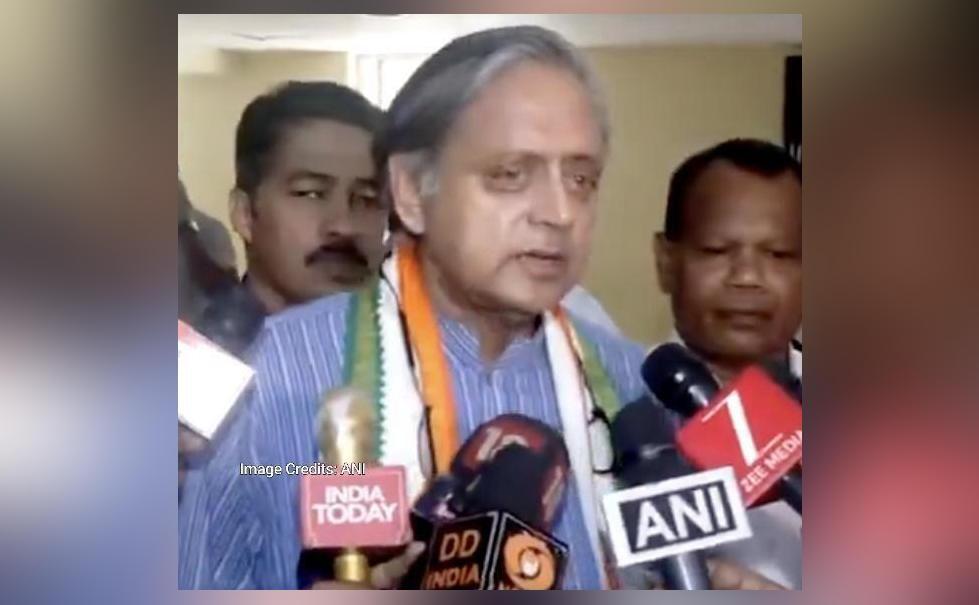
Title: Iran & Israel have been our friends, all we can do is observe: Tharoor
The ongoing conflict between Iran and Israel has been a subject of great concern and anxiety for many around the world. The situation has taken a dire turn, with over 650 people having lost their lives till now. Amidst the chaos and devastation, Congress leader Shashi Tharoor has made a poignant observation, stating that both Iran and Israel have been India’s friends. He emphasized that, ideally, India would like to see peace between the two nations, but for now, all they can do is observe the situation with attention and concern.
Tharoor’s remarks highlight the complex web of relationships that India shares with both Iran and Israel. India has traditionally maintained strong diplomatic ties with Iran, with whom they have a long history of cultural and economic exchanges. India has also been a major beneficiary of Iran’s oil exports and has invested heavily in the development of the Chabahar port, which is seen as a crucial trade artery for the region.
On the other hand, India has also had a strong relationship with Israel, with whom they share a deepening bond in areas such as technology, defense, and counter-terrorism. Israel is one of India’s largest trading partners in the Middle East, and the two nations have cooperated closely on issues such as cybersecurity and homeland security.
Tharoor’s observation that both Iran and Israel have been India’s friends underscores the delicate balancing act that India has had to perform in recent years. As a major player in the region, India has had to navigate the complexities of the Iran-Israel conflict, while also maintaining its own national interests and relationships.
India’s stance on the conflict has been nuanced, with the government calling for restraint and an end to violence on both sides. The government has also emphasized the need for a peaceful resolution to the conflict, which would benefit not just the two nations involved but also the region as a whole.
Tharoor’s statement is significant because it highlights the emotional and moral dimension of the conflict. As a nation that has itself suffered the pangs of conflict and violence, India is deeply aware of the devastating impact that war can have on innocent civilians. Tharoor’s observation that India would like to see peace between Iran and Israel is a heartfelt expression of the nation’s desire for peace and stability in the region.
However, Tharoor’s statement is also tinged with a sense of realism. He recognizes that, for now, all India can do is observe the situation with attention and concern. This is a stark reminder of the limitations of India’s ability to influence the course of events in the region. India is not a major player in the conflict, and its ability to shape the outcome is limited.
Despite these limitations, India has played a constructive role in recent months. The government has hosted diplomatic efforts aimed at facilitating dialogue between Iran and Israel, and has also offered humanitarian assistance to those affected by the conflict.
Tharoor’s statement is also significant because it highlights the importance of diplomacy and dialogue in resolving conflicts. The Congress leader’s emphasis on the need for peace between Iran and Israel is a reminder that, even in the darkest of times, there is always a glimmer of hope for a peaceful resolution.
In conclusion, Tharoor’s statement is a poignant reminder of the complexities of international relations and the challenges that nations face when trying to navigate conflicts. As a nation that has itself suffered the pangs of conflict and violence, India is deeply aware of the devastating impact that war can have on innocent civilians. Tharoor’s observation that India would like to see peace between Iran and Israel is a heartfelt expression of the nation’s desire for peace and stability in the region.



